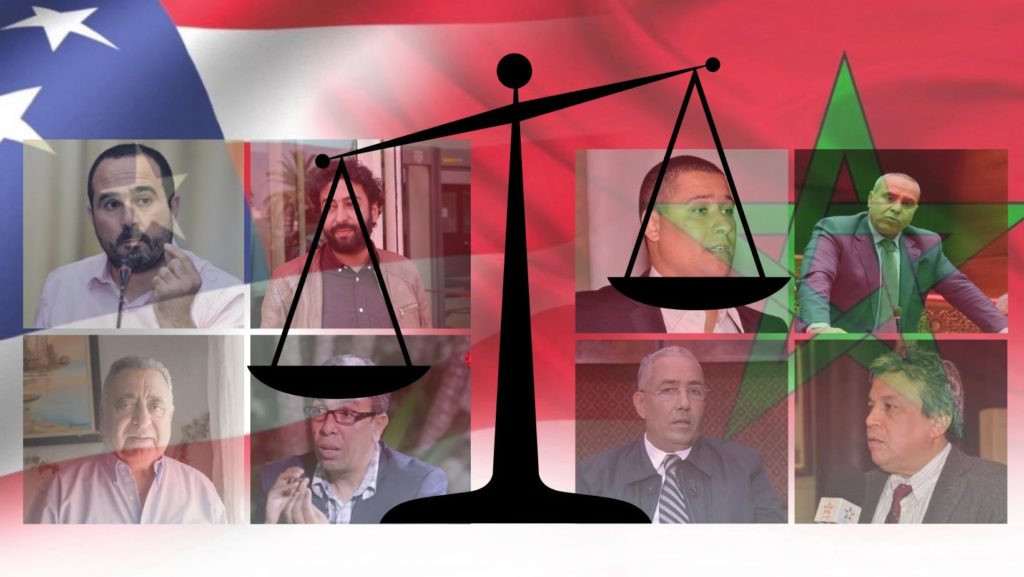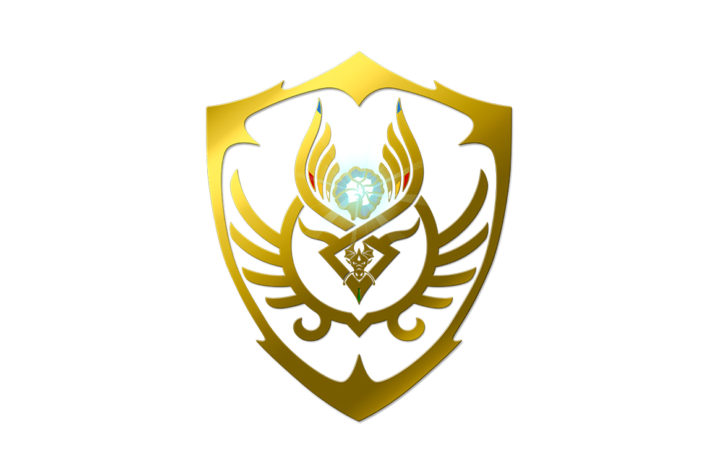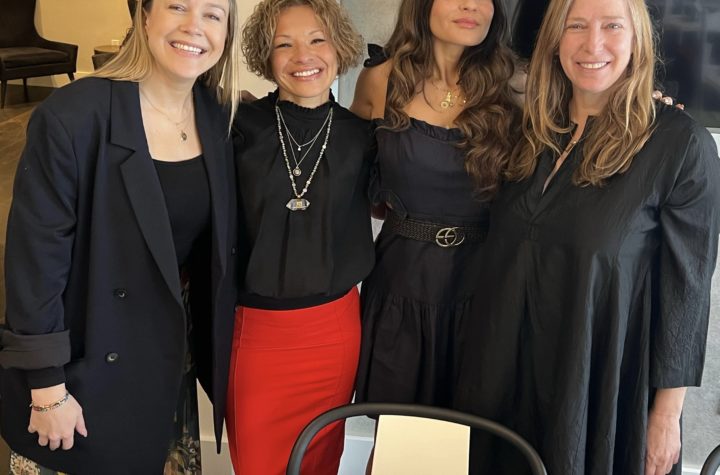
Author, Eric Thompson
On March 20, the United States Department of State released their 2022 Country Reports on Human Rights Practices, which included a Country Report on Morocco. These annual Country Reports assess countries receiving assistance from the United States, as well as all United Nations member states in regards to their compliance with the individual, civil, political, and worker rights described in the Universal Declaration of Human Rights. Morocco’s 2022 Country Report paints a bleak picture, noting significant transgressions surrounding political prisoners, a compromised judicial system, restrictions on the free press, lack of accountability for gender-based violence, and denial of basic rights for the LGBTQ community. For many Moroccans, this report stands in contrast with the messaging they receive directly from King Mohammed VI, via his televised appearances on state-run TV, his constitutional reforms, and his numerous new initiatives that have defined his reign as a modern monarch over the past almost-quarter century.
There is a clear disconnect between the King’s rhetoric and action and the on-the-ground realities in Morocco. What is hinted at in the report is that, despite the country’s ability to make changes, there is a lack of political will existing in the country’s elite. This small but powerful population intervenes to allow the justice system to work for some while others easily avoid consequences.
An example of this inconsistency and its human consequences is the case of Omar Radi, a Moroccan journalist sent to prison in 2021 for espionage and rape. His case is described in the Country Report as an example of Morocco’s inability to protect freedom of expression, including for members of the press and other media. Radi published articles exposing high-level officials involved in corruption and was subsequently harassed, had spyware added to his phone, and even faced a defamation campaign prior to his arrest and trial.
In another case of journalists facing fabricated charges, the report outlines the case of independent journalist Soulaimane Raissouni, who was imprisoned after sexual assault cases were brought against him in 2018. This allegation and his arrest were viewed by activists as a campaign to silence his reporting of government corruption and advocacy for reform.
Journalist Hamid El Mahdaoui, not included in the Country Report, faced a similar fate. He was arrested in 2017 for participation in a protest and making speeches in public places, both in reference to his political activism in the Rif Movement. This social movement, starting in 2016, was sparked by the death of a fish-seller after a confrontation with police. El Mahdaoui, who gained a reputation in Morocco for reporting on taboo topics, created several videos criticizing the police handling of the protests and calling for support of the protesters.
El Mahdaoui was released in 2020. Both Radi and Raissouni were still in prison at the time the Country Report was published.
Mohammed Ziane is an example of a more recent political prisoner who is not a journalist. In February 2022, Ziane was sentenced to prison for 11 charges ranging from sexual harassment to defying emergency health orders in the COVID-19 pandemic. Ziane served as the Minister for Human Rights under the previous King Hassan II, served as the Secretary-General for the Moroccan Liberal Party, and was also a Member of the House of Representatives. Despite his stature, Ziane has been a critic of the Moroccan government, specifically in its approach to security.
Radi, Raissouni, and Ziane represent one experience with the Moroccan justice system. On the other side, privileged elites, like Habib Bentaleb, are able to exist without the same level of scrutiny or consequence. Bentaleb, a representative in Parliament, joked recently that he is so powerful that he could get a cat into the Moroccan Parliament if he wanted. This line of thinking represents how, after several decades, Bentaleb has used his public position for personal gain: his son and daughter are also now Parliamentary representatives, and he owns a successful agricultural business, despite beginning the job with nothing. Additionally, his business track record possesses some curiosities. For example, he was the head of a very large milk cooperative that, due to his business decisions, went bankrupt. To this day, no investigations of his business practices have taken place, despite a large and otherwise successful business suddenly spiraling when under his leadership.
Another example of the elite using their power and influence to escape legal consequences is Mohammed Boudrika, a real estate developer and football manager-turned-politician. In 2022, Boudrika was implicated in the resale of football tickets during the World Cup. He has faced no formal investigations or legal repercussions.
Abdellatif Abdouh, an MP from the Istiqlal Party, has also managed to elude prison time for his actions. In 2015, Abdouh was found guilty on charges dating back to 2001 of corruption and embezzlement of public funds. Despite being sentences to 5 years in prison, receiving a 50,000 MAD fine, and several of his properties being seized, Abdouh has yet to serve his sentence.
The result of this inconsistently applied justice system is a dire human rights situation for those who are either perceived as politically dangerous or as too insignificant to matter. A country that prides itself on promoting human rights cannot do so while being run by a group of people who choose to weaponize human rights when its suits their personal and political agendas.





More Stories
Naveed Warsi: a Pakistani Hero of Interfaith Dialogues
Spectacular event in Belgrade: Željko Mitrović made the Serbian-American Friendship Convoy born!
Saudi Green Stable Owner, Fahd Al-Sayari, Gains International Recognition After Stunning Horse Racing Victory